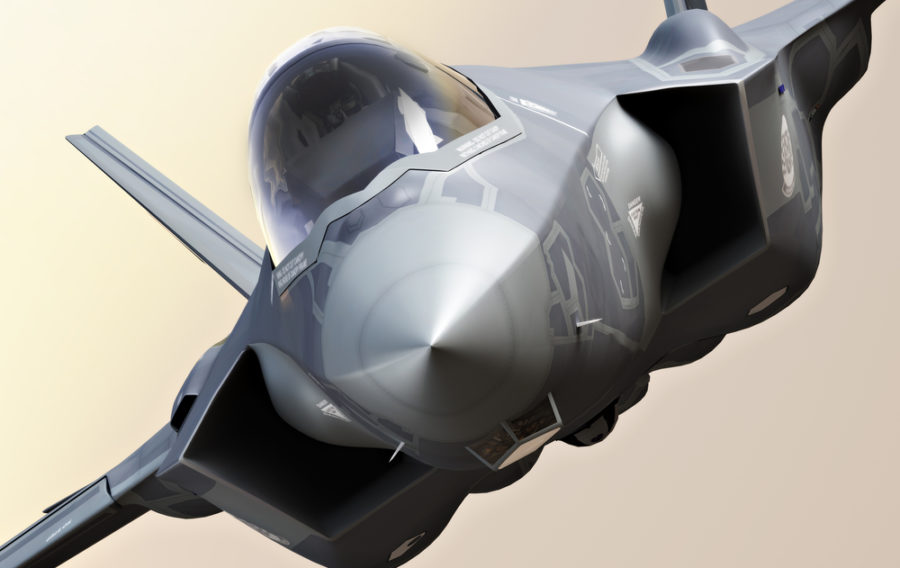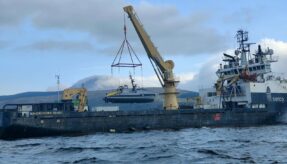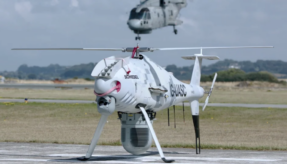
The National Audit Office (NAO) has released a report examining whether the Ministry of Defence gets the capabilities it requires when it needs them to meet its current and future defence objectives.
The NAO report – ‘Delivering capabilities – delivering what was promised’ revealed that nearly one in three of the MOD’s most significant projects are running behind schedule, which could potentially impact its capacity to undertake key tasks.
The MOD develops and operates military capabilities in order to meet its strategic requirements and objectives. The NAO defines a military capability as ‘not simply a piece of equipment such as a tank. Rather, it is a tank with a trained crew that: can communicate with others on the battlefield; can meet identified threats; and can be properly maintained and repaired during its lifetime.’
Of the 32 programmes being undertaken by the MOD, the NAO report states that ten of these projects are deemed to be ‘undeliverable’ or require ‘urgent action’ within the agreed timescale.
Five of the projects’ delivery have been classed as ‘probable’ or ‘highly likely’.
It is estimated that the total procurement cost of these programmes is £196.2 billion.
The report expects the average delay to be more than two years late by the time they are declared fully operational.
Another issue raised by the report is programmes being declared ‘fully operational’ before this was conclusively the case.
These badly defined delivery ‘milestones’ have meant the MOD hasn’t been clear about what has actually been achieved. Projects can be declared ‘fully operational’ even if they are not or if testing is incomplete.
This has affected the F-35 joint strike fighter, which has been plagued by technical issues and problems with flight simulators impacting pilot training.
Other programmes hit include the unmanned Watchkeeper aerial drone; the offshore patrol vessel HMS Forth; and the Commando Training Centre Royal Marines (CTCRM) Tactical Engagement System.
The issues facing the MoD include equipment being delivered either late or faulty by its suppliers, with nearly a third of the 32 most significant projects reporting serious issues with suppliers. In some cases, poor performance has persisted over a number of years.
The report states that MoD project and delivery teams are under-resourced and lack essential skills, contributing to delays in delivery. Six of the 32 projects face shortfalls of more than 20% in their programme teams.
A shortage of key staff and a reliance on consultancy was also flagged an obstacle to delivery. While the NAO suggest that the MOD also doesn’t have the information it needs to hold teams to account and make strategic decisions.
In response to these challenges, the MoD is introducing a new approach to procurement, designed to speed up delivery, and allow it to flexibly upgrade equipment in response to technological change.
For this to successfully tackle the issues highlighted in the report, the NAO emphasises that key decision makers must have an accurate and current understanding of the level of capability that has been delivered.
Gareth Davies, Head of the NAO, commented: “It is essential that the MoD improves the way it introduces important new defence capabilities into service. This includes ensuring that pressure to be seen to deliver quickly does not lead to it accepting incomplete projects, and making decisions on the basis of incomplete reporting.”
If you would like to join our community and read more articles like this then please click here.
Delivering capabilities – delivering what was promised’ Ministry of Defence MOD NAO National Audit Office







